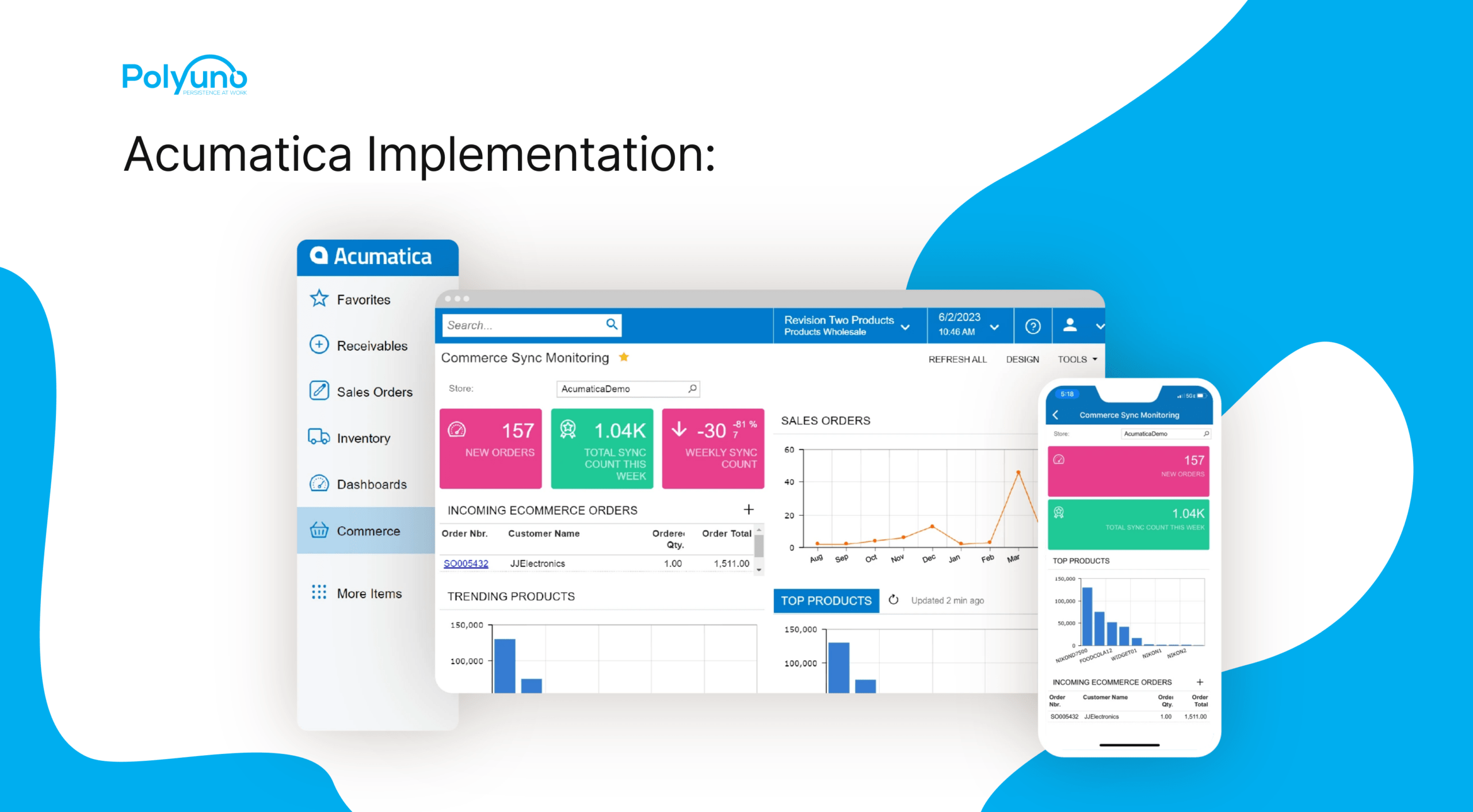ESG (Environmental, Social, and Governance) reporting is becoming increasingly important for companies as investors, consumers, and stakeholders are demanding more transparency and accountability. ESG reports are used to measure a company's sustainability and ethical practices and are becoming a critical factor in investment decisions. As a result, many companies are turning to ESG report agencies to help them create comprehensive and accurate ESG reports.
ESG report agencies are specialized firms that provide ESG reporting services to companies. These agencies help companies collect, analyze, and report on ESG data, which includes information on a company's environmental impact, social responsibility, and corporate governance. ESG report agencies also help companies identify areas for improvement and develop strategies to address sustainability and ethical issues. By working with an ESG report agency, companies can ensure that their ESG reports are accurate, transparent, and compliant with industry standards.
What is an ESG Report Agency?
An ESG Report Agency is a third-party organization that assesses and scores companies based on their environmental, social, and governance (ESG) performance. These agencies use a set of ESG metrics to evaluate how well companies are managing risks and opportunities related to ESG criteria.
ESG Report Agencies play a crucial role in ESG reporting, as they provide investors with independent and reliable information about a company's ESG performance. Investors use this information to make informed decisions about where to invest their money.
There are several ESG Report Agencies operating in the market. These agencies use different sets of criteria to score organizations, which can lead to variations in scores. Some of the most popular ESG Report Agencies include:
- Polyuno LLC
- MSCI ESG Ratings
- Sustainalytics
- ISS ESG
- Vigeo Eiris
- RobecoSAM
Each of these agencies has its own methodology and approach to ESG reporting. Some focus more on environmental factors, while others prioritize social and governance factors. It is essential to understand the methodology of each agency to make informed investment decisions.
In recent years, ESG Report Agencies have gained significant importance due to the growing interest in sustainable investing. As more investors prioritize ESG factors in their investment decisions, the demand for reliable ESG information is increasing. ESG Report Agencies are well-positioned to meet this demand by providing investors with independent and objective ESG scores.
Overall, ESG Report Agencies are essential players in the ESG reporting ecosystem. They provide investors with valuable information about a company's ESG performance, which can help them make informed investment decisions.
Why ESG Reporting Matters
ESG reporting has become increasingly important in recent years as companies recognize the benefits of incorporating environmental, social, and governance factors into their overall business strategy. ESG reporting provides a comprehensive view of a company's impact on the environment, society, and its governance practices.
ESG reporting is essential for a variety of reasons. First, it helps companies build trust with investors and other stakeholders. By providing transparent and accurate information about their ESG performance, companies can demonstrate their commitment to sustainability and responsible business practices. This, in turn, can help attract and retain investors who are increasingly interested in investing in companies that prioritize ESG factors.
Second, ESG reporting can help companies identify areas where they can improve their performance. By tracking and reporting on key ESG metrics, companies can identify areas where they are falling short and take steps to address these issues. This can help companies reduce their environmental impact, improve working conditions for employees, and strengthen their governance practices.
Third, ESG reporting can help companies stay ahead of regulatory requirements. As governments around the world introduce new regulations aimed at promoting sustainability and responsible business practices, companies that have already incorporated ESG factors into their reporting will be better positioned to comply with these regulations.
In summary, ESG reporting matters because it helps companies build trust with investors and other stakeholders, identify areas for improvement, and stay ahead of regulatory requirements. By incorporating ESG factors into their overall business strategy, companies can create long-term value for shareholders while also contributing to a more sustainable and equitable world.
ESG Reporting Regulations
ESG reporting regulations are becoming increasingly important for companies looking to demonstrate their commitment to sustainability and responsible business practices. These regulations are designed to ensure that companies are transparent about their environmental, social, and governance (ESG) performance and provide investors and other stakeholders with the information they need to make informed decisions.
Regulation is a key driver of ESG reporting, with governments and regulators around the world introducing new requirements and guidelines for companies. For example, the Securities and Exchange Commission (SEC) in the United States has proposed new climate-related disclosure rules that would require companies to disclose information about their climate risks and opportunities. Similarly, the European Union has introduced new regulations requiring companies to disclose their ESG performance in annual reports.
Metrics are another important aspect of ESG reporting, providing a standardized approach to measuring and reporting on ESG performance. Metrics can be used to track progress over time, benchmark against peers, and identify areas for improvement. Some commonly used metrics include carbon emissions, water usage, waste generation, and employee turnover.
Climate risk is a significant focus of ESG reporting, with companies increasingly being asked to disclose information about their exposure to climate-related risks and opportunities. This includes physical risks, such as extreme weather events, and transition risks, such as changes in policy and regulation that could impact the value of certain assets.
Diversity and human capital are also important considerations in ESG reporting, with companies being asked to disclose information about their efforts to promote diversity and inclusion and their approach to talent management and employee engagement.
ESG strategy is another key area of focus, with companies being asked to disclose information about their ESG policies and practices and their long-term ESG goals and targets. This includes information about how ESG considerations are integrated into the company's overall strategy and decision-making processes.
Task force on climate-related financial disclosures (TCFD) is an initiative that aims to promote more effective climate-related financial disclosures by companies. The TCFD provides a framework for companies to disclose information about their climate-related risks and opportunities and their approach to managing these risks and opportunities.
Overall, ESG reporting regulations are essential for promoting transparency and accountability in corporate ESG performance. By providing investors and other stakeholders with the information they need to make informed decisions, these regulations can help to drive positive change and encourage companies to adopt more sustainable and responsible business practices.
ESG Reporting Metrics and Performance
ESG (Environmental, Social, and Governance) reporting metrics are becoming increasingly important in today's business world. Shareholders, regulatory bodies, and consumers are all demanding more transparency and accountability from companies regarding their ESG performance. ESG reporting metrics are used to measure a company's progress in areas such as human rights, corruption, social responsibility, and environmental impact.
Consulting firms such as PwC provide sustainability reporting services to help companies navigate the complex landscape of ESG reporting. These services include assurance and reporting capabilities to ensure that companies are meeting regulatory requirements and ESG initiatives. Global regulations such as the Sustainability Accounting Standards Board (SASB) are also becoming more prevalent, providing companies with a framework for reporting on their ESG factors.
Reporting on ESG metrics is not just a matter of compliance but also a business imperative. Companies that perform well on ESG metrics tend to have better long-term value and reputation. Board diversity, bribery, and corruption are just a few examples of ESG factors that can impact a company's bottom line.
In addition to the financial benefits, reporting on ESG metrics is also a matter of social responsibility. To be good corporate citizens, climate risks, carbon emissions, energy efficiency, natural resources, pollution, and safety are just a few of the issues that companies must address.
To be effective, ESG reporting must be consistent and transparent. Companies must have reporting capabilities that allow them to track and report on their ESG performance over time. They must also be willing to share this information with stakeholders and the public.
ESG reporting metrics and performance are critical components of corporate reporting and communications. Companies that take ESG seriously and report on their performance will be better positioned to meet the demands of shareholders, regulatory bodies, and consumers in the years to come.
ESG Reporting Best Practices
ESG reporting is a critical component of corporate sustainability efforts. Companies that implement ESG reporting best practices can improve their reputation, attract investors, and enhance their overall financial performance. The following paragraphs outline some best practices for ESG reporting that companies can use to maximize the benefits of their sustainability reporting efforts.
Focus on Key Performance Indicators
One of the best practices for ESG reporting is to focus on key performance indicators (KPIs). Companies should identify the most relevant KPIs for their industry and business model and report on them consistently. This helps to ensure that ESG reporting is relevant and meaningful to stakeholders, including investors, consumers, and the media.
Use a Framework
Using a framework is another best practice for ESG reporting. The Global Reporting Initiative (GRI) is a widely recognized framework that companies can use to structure their ESG reporting efforts. The GRI framework includes a set of guidelines and indicators that companies can use to report on their sustainability performance.
Engage Stakeholders
Engaging stakeholders is another best practice for ESG reporting. Companies should seek feedback from stakeholders, including investors, customers, and employees, to ensure that their sustainability reporting efforts are relevant and meaningful. This feedback can help companies identify areas for improvement and enhance their overall sustainability performance.
Report on Supply Chain and Waste Management
Reporting on supply chain and waste management is another best practice for ESG reporting. Companies should report on their supply chain sustainability efforts, including efforts to reduce greenhouse gas emissions, improve working conditions, and reduce waste. Companies should also report on their waste management efforts, including efforts to reduce waste and increase recycling.
Disclose Financing and Investment Information
Disclosing financing and investment information is another best practice for ESG reporting. Companies should disclose information about their financing and investment activities, including their use of sustainable financing instruments and their investments in sustainable projects. This helps to demonstrate the company's commitment to sustainability and attract investors who share those values.
In conclusion, ESG reporting best practices can help companies improve their sustainability performance, attract investors, and enhance their reputation. Companies can maximize the benefits of their sustainability reporting efforts by focusing on key performance indicators, using a framework, engaging stakeholders, reporting on supply chain and waste management, and disclosing financing and investment information.
ESG Reporting Services from Polyuno
Polyuno is a company that provides ESG reporting and materiality services to help clients communicate their ESG performance to stakeholders. The company helps clients identify their business's most important ESG issues and collect, manage, and report on their ESG data using tools and platforms that enable data-driven decision-making.
Polyuno's ESG reporting services can help clients improve their ESG performance, build stakeholder trust and loyalty, and meet regulatory requirements. The company's services include:
- ESG materiality assessments to help clients identify the most important ESG issues to their business and prioritize their reporting efforts.
- ESG data collection and management to help clients collect and manage their ESG data in a streamlined and efficient manner.
- ESG reporting and disclosure to help clients communicate their ESG performance to stakeholders and meet regulatory requirements.
Polyuno's ESG reporting services are designed to be flexible and customizable to meet each client's unique needs. The company's team of experts can work with clients to develop tailored solutions that address their specific ESG reporting needs.
Polyuno's ESG reporting services can help clients improve their ESG performance, build stakeholder trust and loyalty, and meet regulatory requirements.




